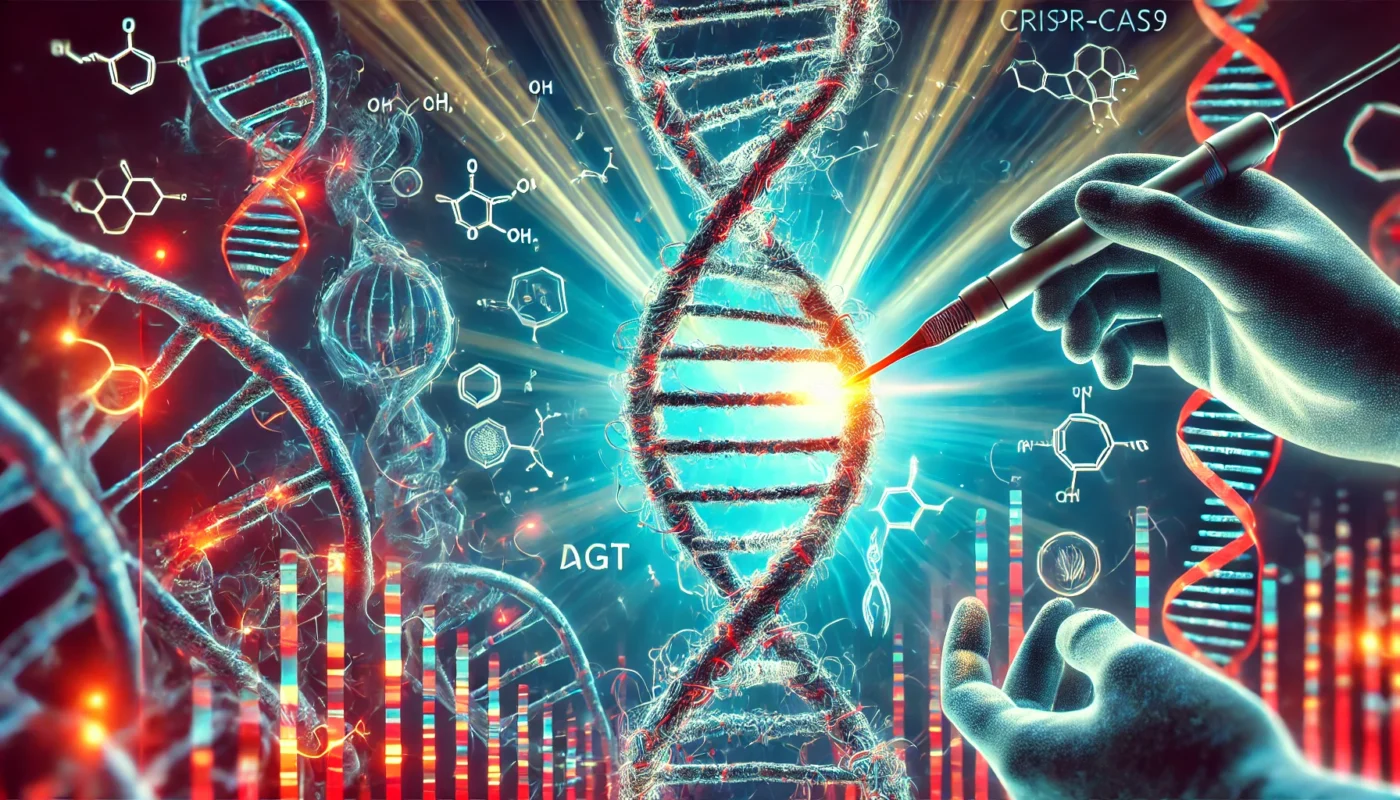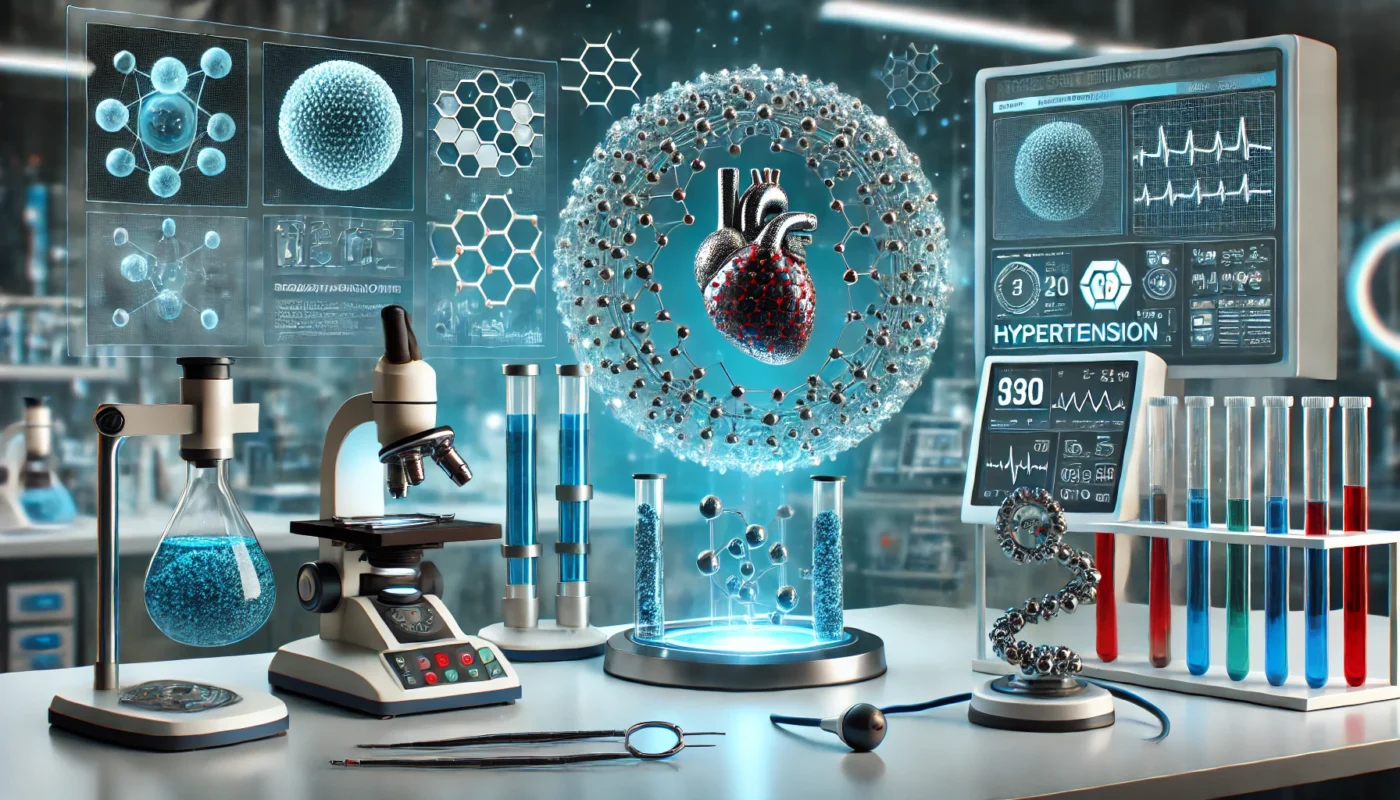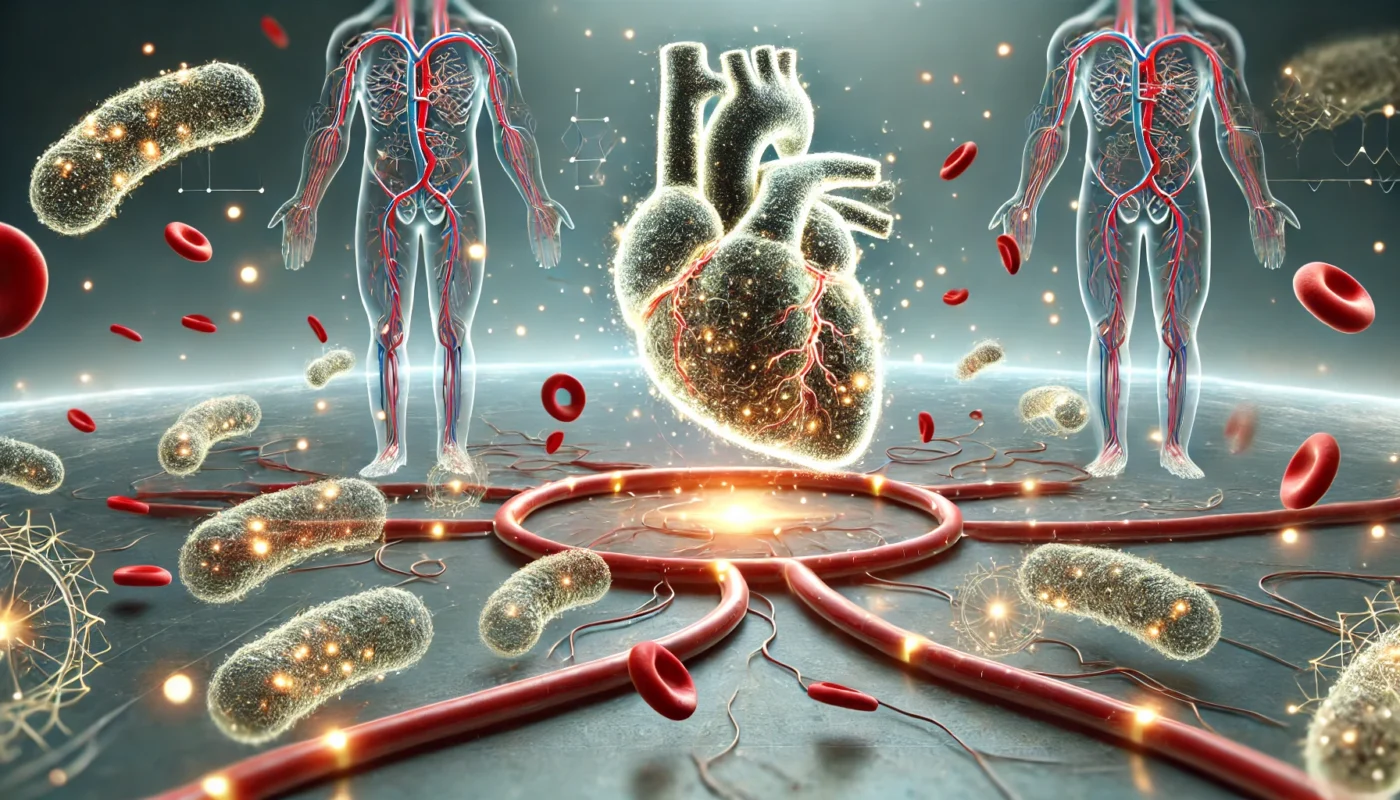Hypertension, commonly known as high blood pressure, affects over 1.28 billion people worldwide, making it one of the most prevalent chronic health conditions. Despite advancements in medications and lifestyle interventions, many patients struggle to achieve optimal blood pressure control, particularly those with resistant hypertension. As researchers explore innovative approaches to managing this condition, gene therapy has emerged as a promising frontier. By targeting the genetic mechanisms underlying hypertension, gene-based therapies offer the potential for more precise and long-lasting treatment. This article examines the science behind gene therapy for hypertension, the experimental therapies under development, and the potential challenges and future prospects of this cutting-edge approach.
Tag Archives: Hypertension
Hypertension, or high blood pressure, is a global health crisis affecting over 1.28 billion adults, according to the World Health Organization (WHO). Despite the availability of effective medications and lifestyle interventions, managing hypertension remains a challenge for many patients due to issues such as medication adherence, side effects, and limited efficacy in resistant cases. Emerging technologies, particularly nanotechnology, are revolutionizing the field of medicine by offering innovative solutions for diagnosis, drug delivery, and disease monitoring. In hypertension management, nanotechnology—through its application in nanomedicine—holds the promise of improving treatment outcomes by enhancing drug efficacy, reducing side effects, and enabling personalized care. This article explores how nanotechnology is advancing hypertension management and its potential to transform cardiovascular health.
Hypertension, commonly known as high blood pressure, is a significant global health concern, affecting over 1.28 billion people worldwide according to the World Health Organization (WHO). While salt has long been vilified as a primary dietary contributor to hypertension, recent research points to another hidden culprit: sugar. Excessive sugar consumption, particularly from added sugars in processed foods and beverages, is increasingly recognized as a major factor in the development and progression of hypertension. This article explores the relationship between sugar and high blood pressure, the physiological mechanisms involved, and practical strategies to reduce sugar intake for better heart health.
Hypertension, or high blood pressure, is a prevalent chronic condition that affects nearly half of the global adult population. According to the World Health Organization (WHO), hypertension is a significant risk factor for cardiovascular disease, kidney damage, and stroke. While medications are often necessary for managing high blood pressure, dietary interventions are an essential part of prevention and treatment. Superfoods—nutrient-dense, health-promoting foods—offer a natural and effective way to support heart health. This article highlights the best superfoods for hypertension, their scientific benefits, and how to incorporate them into your diet.
Hypertension, or high blood pressure, is a leading cause of cardiovascular disease, stroke, and kidney failure, affecting over 1.28 billion adults worldwide, according to the World Health Organization (WHO). While traditional management strategies such as medication, diet, and exercise are essential, growing evidence highlights the surprising role of companion animals in supporting heart health. Pets, particularly dogs and cats, provide emotional comfort, promote physical activity, and reduce stress—key factors that contribute to blood pressure regulation. This article delves into the science behind the calming effects of companion animals and explores their benefits for individuals managing hypertension.
Hypertension, often called the “silent killer,” is a global health challenge affecting more than 1.28 billion adults worldwide, as reported by the World Health Organization (WHO). Despite advancements in pharmacological treatments and lifestyle interventions, many patients struggle to achieve optimal blood pressure control. Increasing attention has turned to the endothelium, a thin layer of cells lining blood vessels, as a key player in hypertension pathophysiology. Dysfunction of the endothelium is recognized as an early and critical factor in the development and progression of high blood pressure. This article explores how targeting endothelial dysfunction could revolutionize hypertension management, delving into the mechanisms, therapeutic strategies, and emerging treatments aimed at restoring vascular health.
Hypertension, commonly referred to as high blood pressure, is a leading global health concern, affecting more than 1.28 billion adults worldwide, according to the World Health Organization (WHO). While its causes have traditionally been attributed to genetic predisposition, diet, lifestyle, and environmental factors, emerging research highlights the role of gut microbiota as a significant contributor to blood pressure regulation. Gut microbiota—the trillions of microorganisms residing in the gastrointestinal tract—play an intricate role in maintaining overall health, influencing metabolic, immune, and cardiovascular functions. This article delves into the emerging evidence linking gut health and hypertension, explores the underlying mechanisms, and discusses future therapeutic possibilities targeting the gut microbiota.
Hypertension, or high blood pressure, is a silent yet prevalent condition affecting more than 1.28 billion adults worldwide, according to the World Health Organization (WHO). It is a leading risk factor for heart disease, stroke, and kidney failure. Despite decades of medical advancements, hypertension remains challenging to manage due to its multifactorial nature. Many patients experience suboptimal responses to generalized treatment protocols, highlighting the need for more personalized approaches. Biomarker-driven medicine represents a revolutionary step forward, offering the potential for tailored treatment strategies that improve outcomes. This article explores how identifying specific biomarkers can revolutionize hypertension care.
Hypertension, or high blood pressure, affects nearly half of the adult population worldwide and remains a leading risk factor for cardiovascular diseases, stroke, and kidney failure. While lifestyle changes and pharmacological treatments such as ACE inhibitors, beta-blockers, and diuretics have improved management for many patients, a significant number still experience uncontrolled or resistant hypertension. These challenges have fueled interest in exploring innovative therapies, including stem cell therapy, as a potential solution. This article provides a detailed analysis of the current progress, challenges, and future directions in the use of stem cell therapy for hypertension.
Hypertension, or high blood pressure, is a global health crisis, affecting over 1.28 billion adults and contributing to millions of deaths annually through complications like heart disease, stroke, and kidney failure. While lifestyle changes and medications can manage the condition, they rarely address the underlying genetic predispositions that contribute to hypertension. Recent advancements in genetic science, particularly CRISPR-Cas9 gene editing technology, offer new hope for tackling the root causes of this pervasive condition. This article explores the potential of CRISPR technology to revolutionize hypertension treatment by targeting its genetic roots, the challenges involved, and the ethical considerations of applying gene editing in this context.










